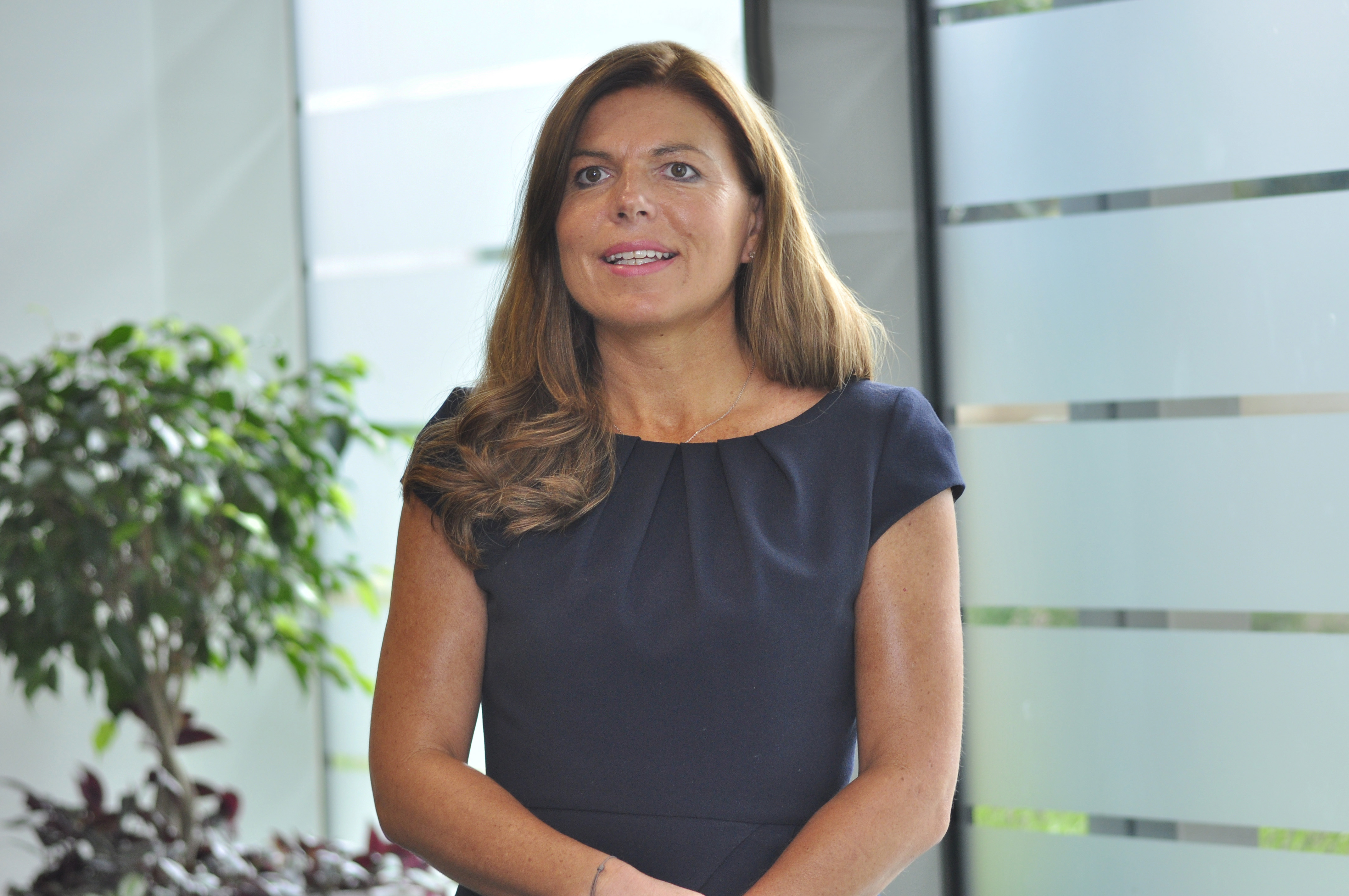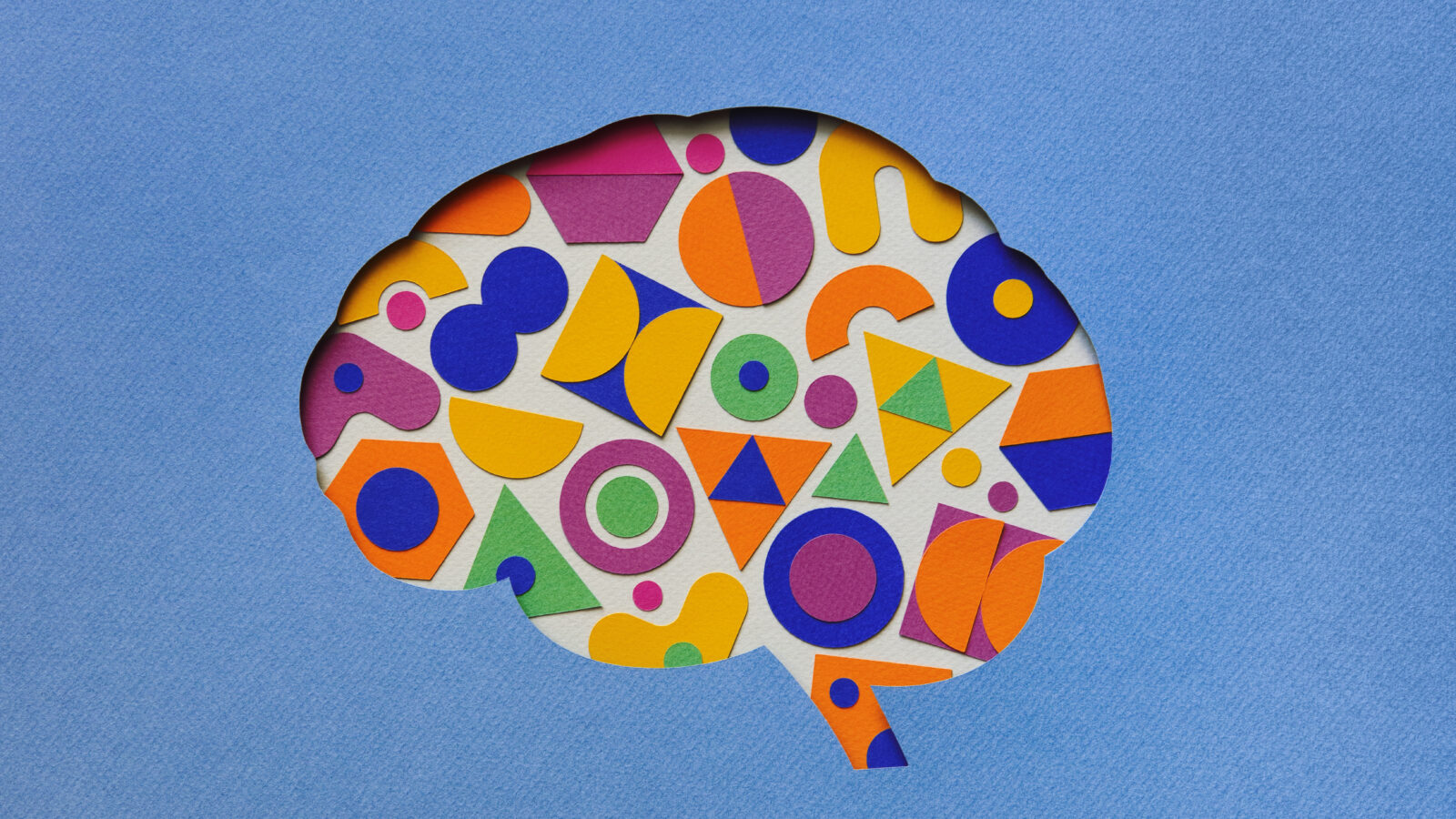The Deloitte Global Gen Z and Millennial Survey, now in its 12th year, explores the attitudes of both generations towards work and the wider world. For the last three years, the survey has included questions about mental health, providing us with a unique opportunity to understand the impact on respondents’ mental well-being when it comes to factors related to the workplace and external events such as the pandemic—and to gauge changes over time.
This year’s research comes at a pivotal time. The COVID-19 pandemic appears to be receding as a health crisis, leaving a mixed legacy behind: increased hardship for many, but also greater focus on work/life integration and well-being, as well as renewed momentum around tackling societal issues. But, as this year’s survey shows, this work/life integration and well-being focus is being somewhat tempered by the reality of spiraling living costs and growing global threats.
So, what does this year’s survey tell us about the mental health of Gen Zs and millennials?
High levels of stress and a worrying feedback loop
Our survey finds that levels of stress and anxiety have remained consistent with previous years: 46% of Gen Zs and 39% of millennials feel stressed or anxious all or most of the time, with women and other under-represented groups being most affected.
While finances and family welfare are the dominant causes of stress, work-related factors also rank highly. Over 60% of respondents cite issues such as heavy workloads, poor work/life balance, or unhealthy team cultures as key contributors to their stress levels. Caretaking responsibilities, the use of social media and pervasive “always on” habits also come into play for many.
But, perhaps most importantly, this year’s findings point to a worsening feedback loop, whereby concerns around mental health itself are a key driver of stress. Among respondents who are stressed, 79% of Gen Zs and 73% of millennials cite concerns about their mental health as a contributing factor. A quarter of Gen Z women also cite the mental health of their generation as one of their top three societal concerns.
Burnout is on the rise
These combined pressures are taking their toll in the workplace: 52% of Gen Zs and 49% of millennials now experience workplace burnout, up from 46% and 45% respectively last year. Alarmingly, over a third of respondents say they do not believe their organization is taking steps to prevent employee burnout—up from one in five last year.
The imperative to improve support and remove stigma
On a positive note, the survey shows that broader efforts by employers to support mental health have become more noticeable, with over half of respondents now feeling that this increased focus is driving meaningful change. This matters, because more than eight in ten Gen Zs and millennials say that mental health support is an important factor in choosing an employer.
However, for many respondents this support has not resulted in a reduction in workplace stigma, with a third of respondents saying they are not comfortable speaking openly with their manager about stress or anxiety, and over half of those who took time off to manage mental health issues did not disclose the real reason to their employer. And, while many organizations offer a range of mental health support resources, less than one-third of Gen Zs, and even fewer millennials, use them.
Calling for a step change
While many organizations have stepped up their efforts around mental health, our survey clearly shows that some worrying trends persist. Key areas where business leaders can make a difference include:
· Building open and supportive cultures – while support through policies, processes and resources is an important component, these will only benefit people when they feel able to utilize them without concern that they will be judged. This means leaders talking openly about mental health and creating and maintaining an inclusive and empathetic culture where people feel able to disclose concerns about their mental health and access resources and support available.
· Don’t forget the prevention – with more respondents reporting workplace burnout and many feeling the need to be “always on” at work and experiencing heavy workloads, it is clear that more needs to be done when it comes to supporting mental health at work. This means employers and leaders considering the way work is done and examining the expectations placed on people when it comes to their workloads.
· Supporting work/life integration – with over 60% of respondents citing poor work/life integration as a contributor to stress and anxiety, and it being the top factor Gen Zs and millennials consider when choosing an employer, it is clear that enabling better work/life integration should be a priority for employers. Respondents see flexible working as a critical enabler of work/life integration. In fact, more than three-quarters of Gen Zs and millennials show interest in more flexible work models, but only one in ten have no concerns about working more flexibly. Employers should offer flexible working models that focus on output and enable people to have some choice in when they work (not just where) without concern of—or actual—career penalty.
· Countering the rise of workplace burnout – worryingly, alongside increasing burnout, this year also saw an increase in the number of respondents who did not believe their employer was taking steps to prevent it. Employers need to address this pervasive ‘gateway’ to mental ill health—this means commitment to identifying and addressing causes and enabling leaders to spot and address the signs through targeted training and the provision of tools and support.
· Addressing poor workplace cultures – with many respondents citing unhealthy team cultures as a key contributor to their stress and anxiety, and six in ten Gen Zs and half of millennials experiencing harassment or microaggressions at work, it is clear that workplace culture plays a key role when it comes to mental health at work. For employers this means creating and maintaining workplace cultures that are always respectful and inclusive, identifying where cultures counter to this exist and taking the required action.
Read our full deep dive on Gen Z and Millennial mental health here.


